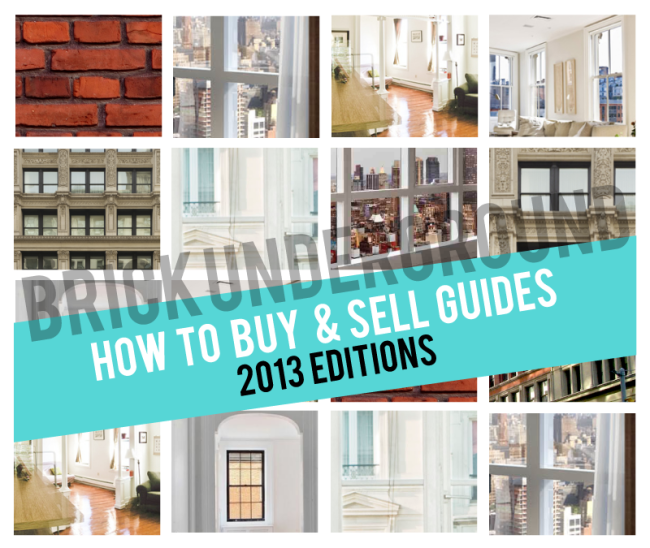Trump condo buyers got hosed—here's how to avoid having the same thing happen to you

jay greinsky/Flickr
A new report from WNYC in partnership with Pro Publica and The New Yorker reveals that Ivanka Trump and Donald Trump Jr. narrowly avoided a criminal indictment over statements misrepresenting sales figures at the troubled Trump SoHo development.
At various instances, the pair reportedly claimed sales figures for the hotel/condo development, which, due to zoning laws buyers could occupy only 120 days of the year, at percentages far above what had actually sold. This, low-ranking district attorneys believed though they were overruled, constituted fraud, since prospective buyers hearing sales pitches with the higher figures got the false impression that the building was popular with other buyers, and thus more of a sound purchase.
The whole report is worth a read for a glimpse at the inner workings/underbelly of New York City development and politics in general, and the now-First Family in particular. But the story also raises the question: how reliable are those new development sales rates provided to buyers? And should, or can prospective owners verify those numbers?
First, consider the source. Any number you hear from a broker should be regarded with skepticism.
"You cannot rely on what the broker says. A broker could [misrepresent numbers] and it would have no impact," says attorney Steve Wagner of law firm Wagner Berkow (a Brick Underground sponsor), noting also that many brokers have disclaimers at the bottom of their letterhead to avoid liability.
The sponsor of a building, however, is legally required to disclose the terms of offering, which includes the number of sales in the building—a figure that should, in theory, be accurate. You shouldn't necessarily suspect those numbers are misrepresented, but if standard due diligence on a property raises questions, it is possible to verify the figure.
"It's not easy to check, but it can be. It's public record," Wagner says.
The research challenge lies in that the closing details must be accessed through the no-frills, less-than-intuitive Automated City Register Information System, a public database of property records managed by the city Department of Finance. (Search for the building sponsor under "Party Name" to find associated offering plans.)
One significant way the rate of occupancy can affect a deal is the ability to get financing. Typically, the larger the percentage, the more willing a bank is to finance a sale. Without due diligence, a prospective condo buyer with bad information could end up crossing wires with the bank, or owning something that is less valuable or harder to sell than she had believed.
Whether what you find there is cause for concern is up to you and your lawyer. And if you do buy a lemon of a condo, there is recourse. When a group of buyers at Trump SoHo filed a civil suit against the Trump Organization for misrepresentation, the company settled, paying back 90 percent of the condos' purchase price, covering lawyer fees, and requiring the uncommon concession of agreeing not to cooperate in an investigation unless subpoenaed.
Still, taking someone to court is rarely the most pleasant option, and if there's a way to avoid getting into a situation that requires it in the first place, that's always preferable.
For more on vetting an apartment purchase, see our past guides here, here, and here.
You Might Also Like





























